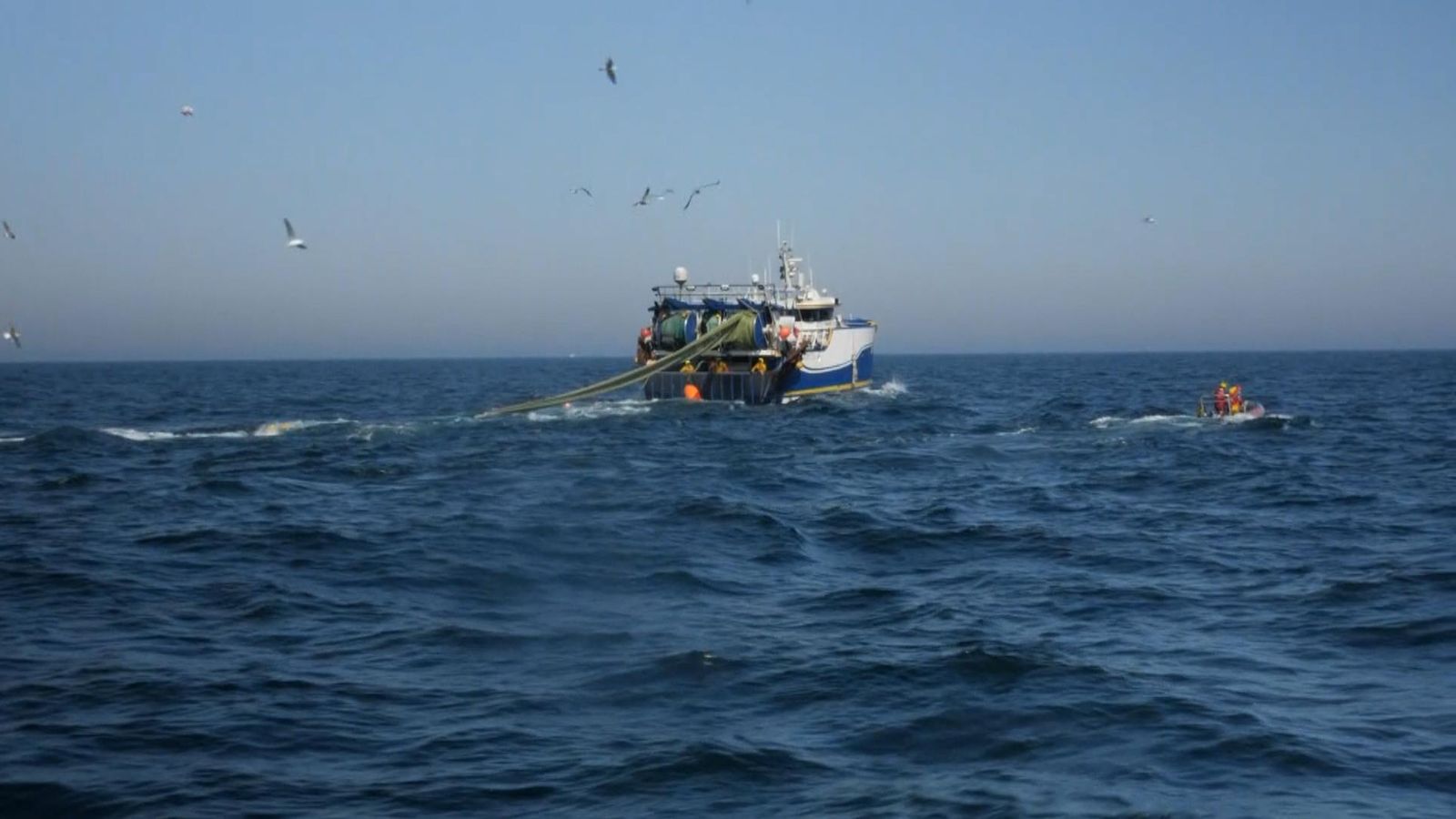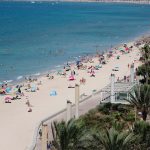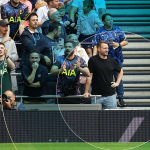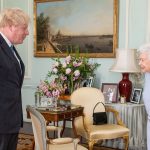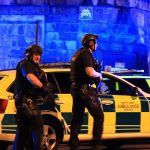Environmental campaigners and small-scale fishing boat skippers have declared a “state of emergency” due to the impact of industrial trawlers in UK waters.
Greenpeace, along with representatives of fishing communities, say supertrawlers and a new generation of boats that use highly efficient fishing methods are severely depleting stocks in the Channel and southern North Sea.
They warn it is putting ocean health and livelihoods at risk.
Sky News joined Greenpeace on a patrol as part of the organisation’s Operation Ocean Witness.
Around 18 miles off the Sussex coast, still in UK territorial waters, we found a French ‘fly-shooter’, a trawler that uses a vast net and specialist techniques to catch entire shoals of fish.
The fishing method is legal, but it is so efficient that it can catch as many fish as up to 11 smaller boats.
Chris Thorne, Oceans Campaigner at Greenpeace, said: “Local fishers along the south coast are in complete crisis.
Sharks in decline due to climate change, but tuna population is ‘on path to recovery’ – report
Climate change: Six everyday things you can do to help stop global warming
Caribbean nations find that anti-plastic policies are not enough to prevent damage to coastline
“We have heard time and time again that there simply isn’t enough fish to catch.
“They largely blame that on fly-shooters that sweep in and fish over an area extremely quickly.
“Local boats find there is nothing left. They cannot compete with these kinds of vessels.”
Fly-shooting has risen sharply in waters off the southern and eastern coasts in recent years.
There are around 75 boats licensed to use the method in the area. Most are Dutch or French, but some are UK-flagged.
Greenpeace and the coastal fishing representatives are calling for fly-shooting to be banned from the Channel and southern North Sea.
They also want supertrawlers and boats that drag heaving equipment along the sea bottom to be banned from marine protected areas more than 12 miles offshore.
Graham Doswell, a third-generation fisherman from Eastbourne, said: “I’ve been fishing on the Sussex coast all of my working life and it’s been really good.
“It’s gradually got harder and harder.
“I think unless something really, really drastic is done I think it’s going to be difficult for everybody to carry on making a living.”
Michel Kaiser, professor of Fisheries Conservation at Heriot-Watt University in Edinburgh, sympathised with the impact of industrial fishing on traditional boats – but said there are quotas on how many fish can be caught in any one area, whatever trawling method is used.
“It’s a question of equity,” he told Sky News.
“If you are a small scale boat fishing out of a small harbour you are hoping to go out every month and spread your catches over the year, whereas these boats come in and remove their entire catch for the year possible in the space of a month and that leaves a hole in the number of fish for the small boats.”
A Department for Environment, Food and Rural Affairs (DEFRA) spokesperson said all vessels fishing in UK waters must abide by regulations, including those on sustainability.
“We have heard the concerns raised about fishing pressures in the English Channel and want to work with industry to tackle the issues,” they said.
“We have already stopped pulse trawling by EU and English-registered vessels in UK waters and now we have left the EU, the Marine Management Organisation is consulting on additional safeguards for our Marine Protected Areas.”
